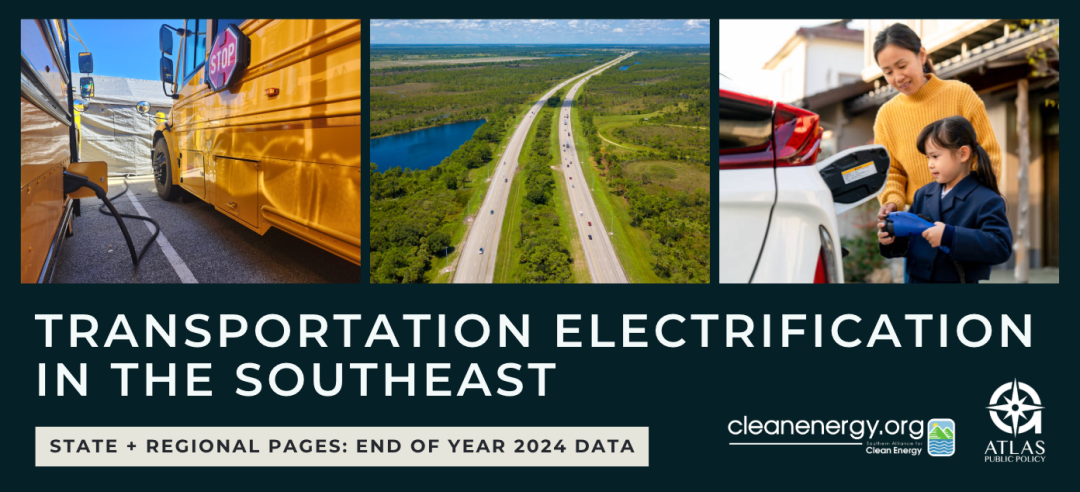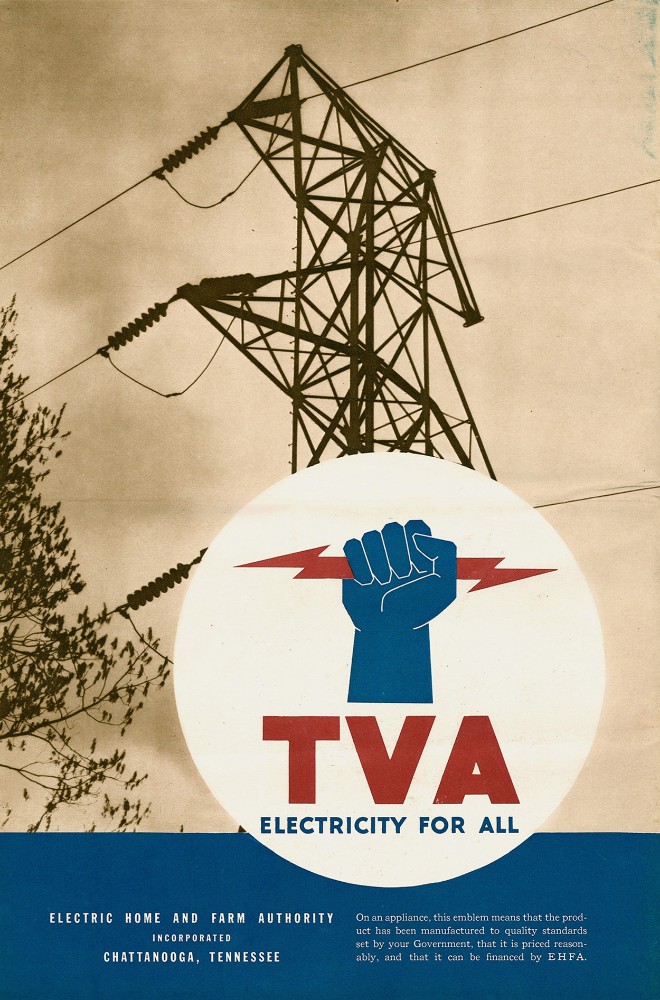Displaying items by tag: electric car charging station
Southeastern electric vehicle sales and investments arc against headwinds

Georgia and North Carolina lead EV investment and jobs; Florida tops market share and growth; Tennessee and Alabama lag behind
Stan Cross leads the Southern Alliance for Clean Energy dynamic Electric Transportation Team.
KNOXVILLE — Misinformation about the technology and the state of the electric-vehicle market is rampant. But beyond the noise are the facts, which show that the Southeast’s EV market is zipping along.
The Southeast continues to lead the nation in electric vehicles and battery-related jobs and private-sector investments. As of the end of 2024, updated data from the fifth annual Transportation Electrification in the Southeast report found that the region is home to a whopping 38 percent of the nation’s $215 billion in announced private-sector EV and battery investments and 31 percent of the anticipated 238,000 jobs. Georgia remains No. 1 in anticipated jobs and committed investments, with North Carolina a close second.

These investments deliver economic development and employment to our region’s rural communities. Toyota’s $13.9 billion battery manufacturing facility in Randolph County, North Carolina, is at the top of the rural economic development list. The facility is expected to create 5,100 jobs and is the nation’s most valuable clean energy investment. Hyundai has made the second-largest regional investment at its battery manufacturing and EV assembly plant in Bryan County, Georgia. That investment tops $6 billion and is expected to create 3,400 jobs. It has had a massive ripple effect, with Hyundai suppliers announcing more than $2.7 billion in investments and an anticipated 6,900 jobs across the state.
The electric-vehicle revolution brings environmental uncertainty at every turn

As demand for electric vehicles soars, several roadblocks have emerged
This article was originally published by The Revelator.
Manufacturers, governments and consumers are lining up behind electric vehicles — with sales rising 60% in 2022, and at least 17 states are considering a California-style ban on gas cars in the years ahead. Scientists say the trend is a key part of driving down the transportation sector’s carbon emissions, which could fall by as much as 80% by 2050 under aggressive policies. But while EVs are cleaner than gas cars in the long run, they still carry environmental and human-rights baggage, especially associated with mining.
“If you want a lot of EVs, you need to get minerals out of the ground,” says Ian Lange, director of the Energy and Economics Program at the Colorado School of Mines.
“Gas” stations will survive as electrons replace gasoline
Bloomberg: Most traditional fueling stations will adapt and survive as electricity replaces gasoline
Bloomberg Climate Newsletter has an interesting take on what may become of traditional gas stations — and their associated retail services and employees — as fuel sources transition from gasoline to electricity.
There’s already a case in point: Norway, where gasoline use has peaked and the transportation economy is moving away from traditional fossil-fuel filling stations.
In short, there will still be demand and purpose for convenience stores in some areas, theyÆll just be selling a different type of fuel.